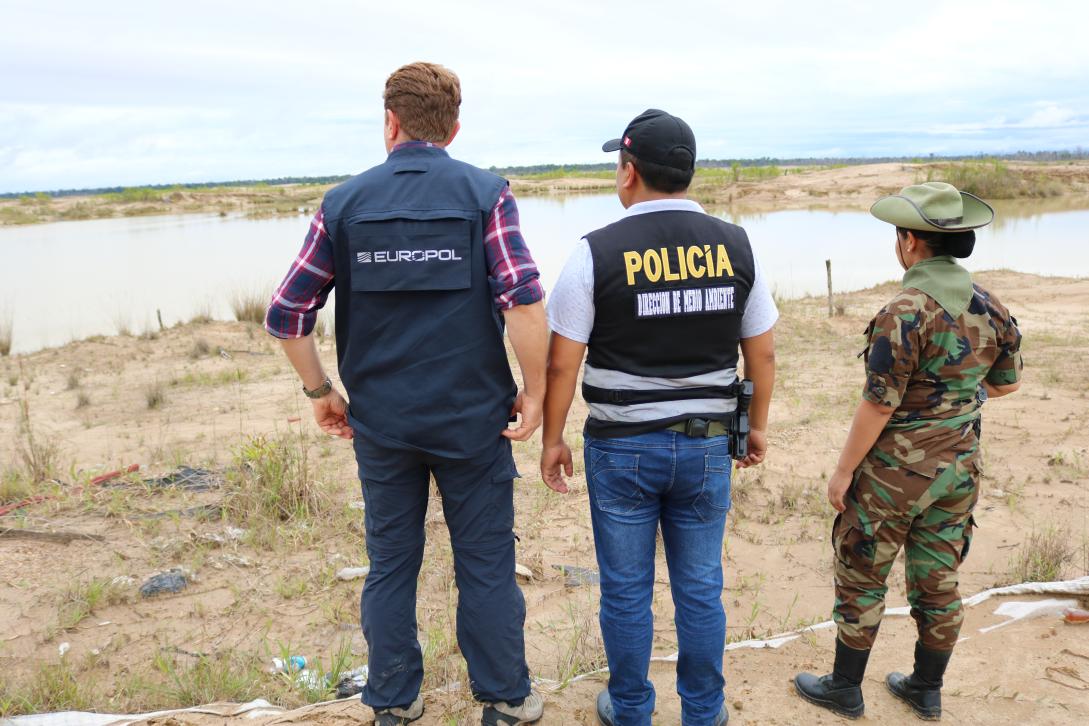EU-LAC response to the threat of transnational crime and illicit drugs

Organised crime is a shared challenge for societies in LAC and the EU alike. It is a key driver of violence and insecurity; it deepens inequality and also undermines trust in public institutions. Transnational organised crime and insecurity remain not only the biggest threats faced by the countries of Latin America and the Caribbean, but they also have a direct impact on our societies in the EU.
At the July 2023 EU-CELAC Summit, leaders agreed to enhance their partnership on Justice and Security.
EU-funded programmes and initiatives in the Region
Programs
- The regional Programme against Transnational Organised Crime (EL PACCTO0),
- Copolad III, to support the implementation of more effective drug policies,
- EUROFRONT, to improve border and migration management to fight against human trafficking and migrant smuggling in Latin America,
- Global Illicit Flows Programme, designed to tackle the many aspects of global illicit trafficking, with a number of relevant partners in LAC.
Initiatives
- EU support to the Latin America Committee for Internal Security (CLASI), which membership now encompasses 16 Latin American and Caribbean countries.
- The establishment of working arrangements between specialised European agencies like Europol and Eurojust and several key countries in the region to improve transatlantic cooperation in the fight against crime.
- The formalization of AMERIPOL (American community of police forces) through an international treaty that will allow better planning of joint anti-crime operations also with
EU-CELAC cooperation and coordination mechanism on drugs
In order to respond effectively to the increasing challenges posed by illicit drugs the EU and LAC promote an integrated approach, tackling supply and demand, as well as law enforcement, prevention and harm reduction, towards more effective drug policies that substantially improve the lives of people.
CELAC and the EU have signed on 22 February 2024 a joint declaration in La Paz, Bolivia, in the framework of their 25-years old Mechanism of Coordination and Cooperation on Drugs. The multifaceted joint effort to address this global problem is detailed for the upcoming 5 years in common objectives.
These include to counter the production and trafficking of illicit drugs, including cocaine and synthetic drugs. The agreement also contains commitments to address drug-trafficking consequences on citizen security, their social, health and economic impact on people and communities, and to fighting key enablers like money laundering and firearms trafficking.





